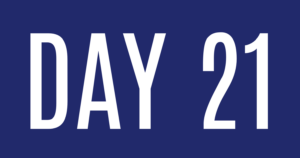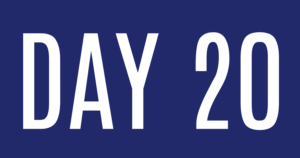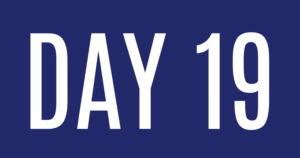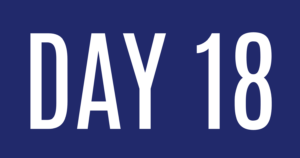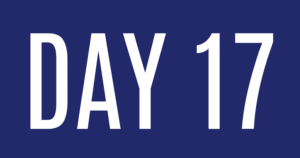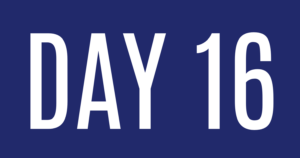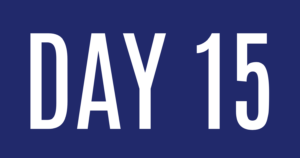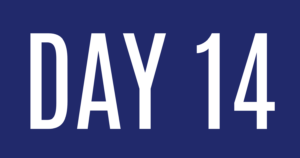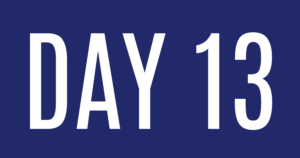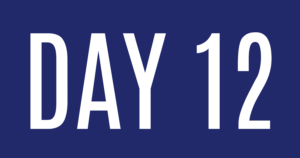[su_label type=”info”]IMPACT WEEK[/su_label]
United Way’s regional vision is ambitious: a vibrant community where all people realize their full potential. Getting there can be an even greater challenge for those facing tough times—a job loss, a sudden illness, a broken car, an unexpected home repair.
Editor’s note: We’re celebrating Impact Week—highlighting how support for United Way is changing lives. Read our Impact Week overview here. Also, check out our Impact Week blogs on Education, Income/Financial Stability, and Health. And don’t miss our personal stories where partnerships in Education, Income and Health have changed lives.
“For people in crisis, having support systems in place—a safety net when needed—can help them get back on their feet,” said Robert Elchert, Community Impact Associate.
United Way BCKR works to ensure that our regional community has a safety net in place to help people access basic necessities in times of need. Elchert said there’s a lot of need out there.
“More than 57,000 people in our region are food insecure, meaning they don’t know where their next meal is coming from. One in five children go hungry,” he said. “As many as 6,000 people a year are homeless and need services. Both of those situations affect people’s health, their ability to work, their ability to learn and contribute to the community, and much more.”
United Way set three priorities for its Basic Needs focus area: food, shelter, and other basic necessities, such as removing barriers that make it especially tough for the homeless to get back on their feet. Currently, United Way funds 26 programs through 24 agencies, investing $2,195,900 annually. [See all of United Way BCKR’s investments, partnerships and collaborations here.]
Making Headway
An interim study by AGS Data LLC on behalf of United Way BCKR shows progress. The study looked at changes through United Way programs and partners from November 2016 through June 2017. Here are some highlights:
• 70,136 people received 703,449 meals; 2,947,518 pounds of food were distributed.
• 2,439 people received emergency utility assistance.
• 13,825 people received emergency shelter equivalent to 110,316 nights.
• Programs tackled obstacles especially challenging for homeless people, such as transportation and vital records. Those programs provided 8,872 bus tokens, 420 para-transit vouchers, 641 gas vouchers, 252 state IDs or driver’s licenses, 182 birth certificates, 16,228 hours of mental health services, and much more.
These results serve as a snapshot of progress; a comprehensive report for the full program year is due in 2018. United Way BCKR will gather and report data on a continual basis.
“Any of us can, and likely will, face a crisis in life. Not all of us have the resources to get back on our feet,” said Elchert. “United Way and our partners are giving people that chance.”
Click on the following links for a progress report and geospatial map related to our work in Basic Needs:
Basic Needs Progress Report UWBCKR 10 2017
Basic Needs Geospatial Map UWBCKR 10 2017
Monday: Where Do We Go From Here?

